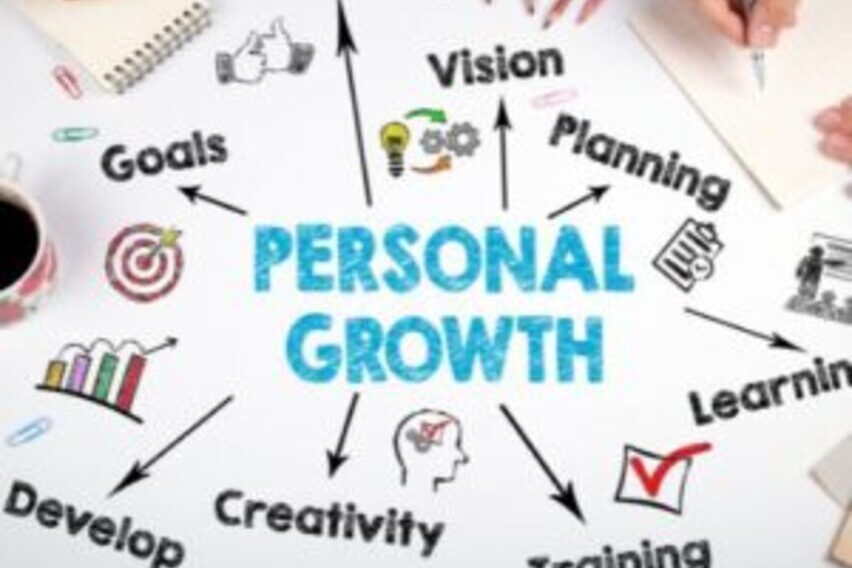Introduction:
Success and failure are terms that hold significant weight in our society. Whether it be in personal endeavors, professional pursuits, or overall life satisfaction, the concepts of success and failure shape our perspectives and experiences. The differences between a successful and unsuccessful person are multifaceted, encompassing various aspects of life, mindset, and behavior. In this article, we will delve into the key differentiators that distinguish those who thrive from those who struggle.
1. Mindset:
One of the fundamental differences between successful and unsuccessful individuals lies in their mindset. Successful people tend to have a growth mindset, characterized by a belief in their ability to learn, adapt, and improve. They see challenges as opportunities for growth and view failure as a stepping stone toward success. On the contrary, unsuccessful individuals may exhibit a fixed mindset, where they perceive their abilities as static and may be more resistant to change and challenges.
2. Goal Setting:
Success is often rooted in clear, well-defined goals. Successful individuals set specific, achievable, and time-bounded goals. They have a roadmap that guides their actions and helps them stay focused. Unsuccessful people, on the other hand, may lack clear goals, leading to a lack of direction and motivation. Without a target to aim for, they may find themselves adrift and unable to make meaningful progress.
3. Work Ethics:
The level of dedication and work ethic is a critical factor that separates success from failure. Successful individuals are known for their strong work ethic, discipline, and commitment to their pursuits. They understand the importance of consistent effort and are willing to put in the time and hard work required to achieve their goals. Unsuccessful people may struggle with procrastination, inconsistency, or a lack of commitment to their endeavors.
4. Adaptability:
In a rapidly changing world, adaptability is a key trait associated with success. Successful individuals are often flexible and open to new ideas and experiences. They can navigate through uncertainty and embrace change. On the contrary, unsuccessful individuals may resist change, fear the unknown, and struggle when faced with unexpected challenges.
5. Resilience:
Resilience, the ability to bounce back from setbacks, is a hallmark of success. Successful people understand that failure is not a permanent state but a temporary setback. They learn from their mistakes, persevere in the face of adversity, and use challenges as opportunities for personal and professional development. Unsuccessful individuals may be more prone to giving up in the face of difficulties, lacking the resilience needed to overcome obstacles.
6. Continuous learning:
Success is often associated with a commitment to continuous learning. Successful individuals have a thirst for knowledge and actively seek opportunities to expand their skills and understanding. They stay curious and remain open to new information and perspectives. In contrast, unsuccessful people may become complacent, resist learning, and fail to evolve with changing circumstances.
7. Time Management:
How individuals manage their time can significantly impact their success or failure. Successful people are adept at prioritizing tasks, managing their time efficiently, and staying organized. They understand the value of time and make conscious efforts to use it wisely. Unsuccessful individuals may struggle with time management, leading to inefficiency, missed opportunities, and unfulfilled potential.
8. Networking and Relationship Building:
Success often involves collaboration and effective networking. Successful individuals recognize the importance of building positive relationships with others. They cultivate a strong network, seek mentorship, and understand the power of collaboration. Unsuccessful individuals may struggle with interpersonal skills, burn bridges, or isolate themselves, limiting their access to valuable opportunities and support.
9. Thought Process:
Those who think successfully tend to set clear objectives, break them down into manageable steps, and remain open to adjusting their strategies based on feedback and outcomes. Furthermore, they maintain a resilient attitude in the face of challenges, viewing setbacks as opportunities for growth rather than insurmountable obstacles. On the other hand, an unsuccessful thought process often stems from a lack of direction, a fixed mindset, and an inability to learn from failures. Those with unsuccessful thought processes may struggle with vague or conflicting goals, resist change, and view challenges as evidence of personal shortcomings rather than as part of the learning process. Ultimately, success in thought is intricately linked to the ability to navigate uncertainty, learn from experiences, and maintain a constructive perspective on both achievements and setbacks.
10. Update Day to Day:
The disparity between a successful and unsuccessful update on a day-to-day basis often hinges on meticulous planning, adaptability, and effective communication. In the realm of technology and software, a successful update is characterized by a well-thought-out strategy that considers potential risks, compatibility issues, and user experience. Thorough testing and quality assurance measures play a crucial role in ensuring a smooth transition without disruptions. Additionally, successful updates are often accompanied by clear communication to users, outlining the benefits and changes while providing support channels for any concerns. In contrast, an unsuccessful update is typically marked by inadequate preparation, rushed implementation, and insufficient testing. This can result in unforeseen bugs, system crashes, and user dissatisfaction. Communication breakdowns further exacerbate the situation, leaving users frustrated and eroding trust in the update process. Ultimately, the key to success lies in a holistic approach that prioritizes thorough planning, robust testing, and transparent communication throughout the update process.
Conclusion:
In conclusion, the differences between a successful and unsuccessful person extend beyond external achievements to encompass mindset, goal setting, work ethic, adaptability, resilience, continuous learning, time management, and relationship building. Success is a holistic concept that emerges from a combination of these factors, and while external circumstances undoubtedly play a role, internal qualities and choices play a significant part in determining one’s trajectory. By cultivating a growth mindset, setting clear goals, and adopting positive habits, individuals can increase their likelihood of achieving success in various aspects of life.




Comments are closed.